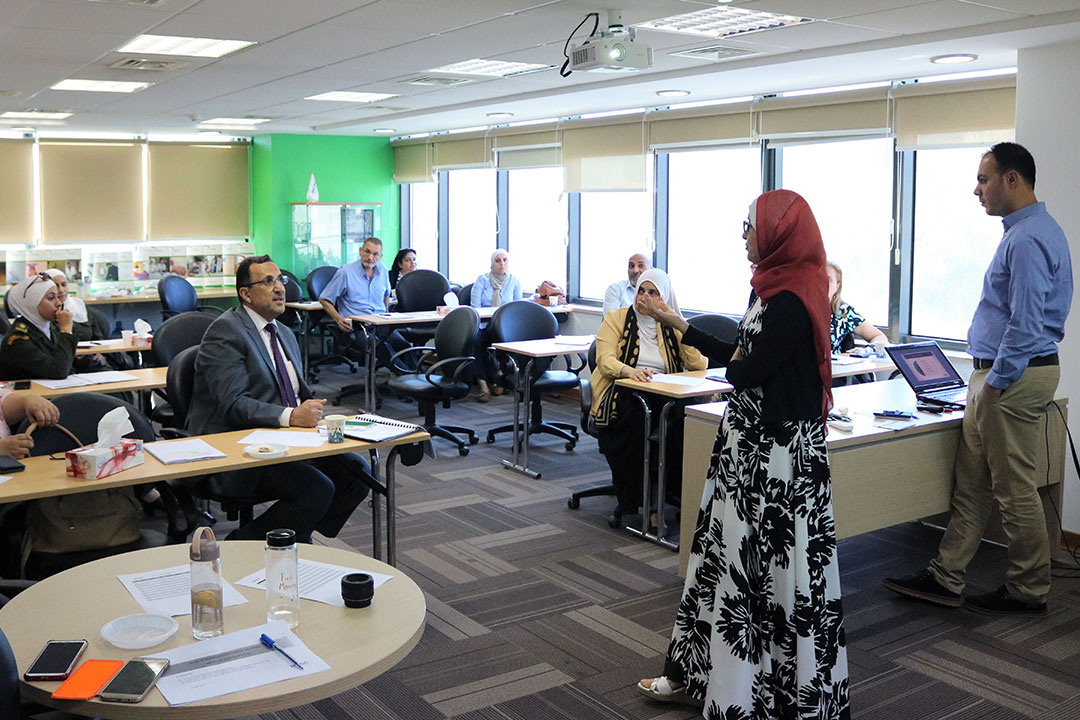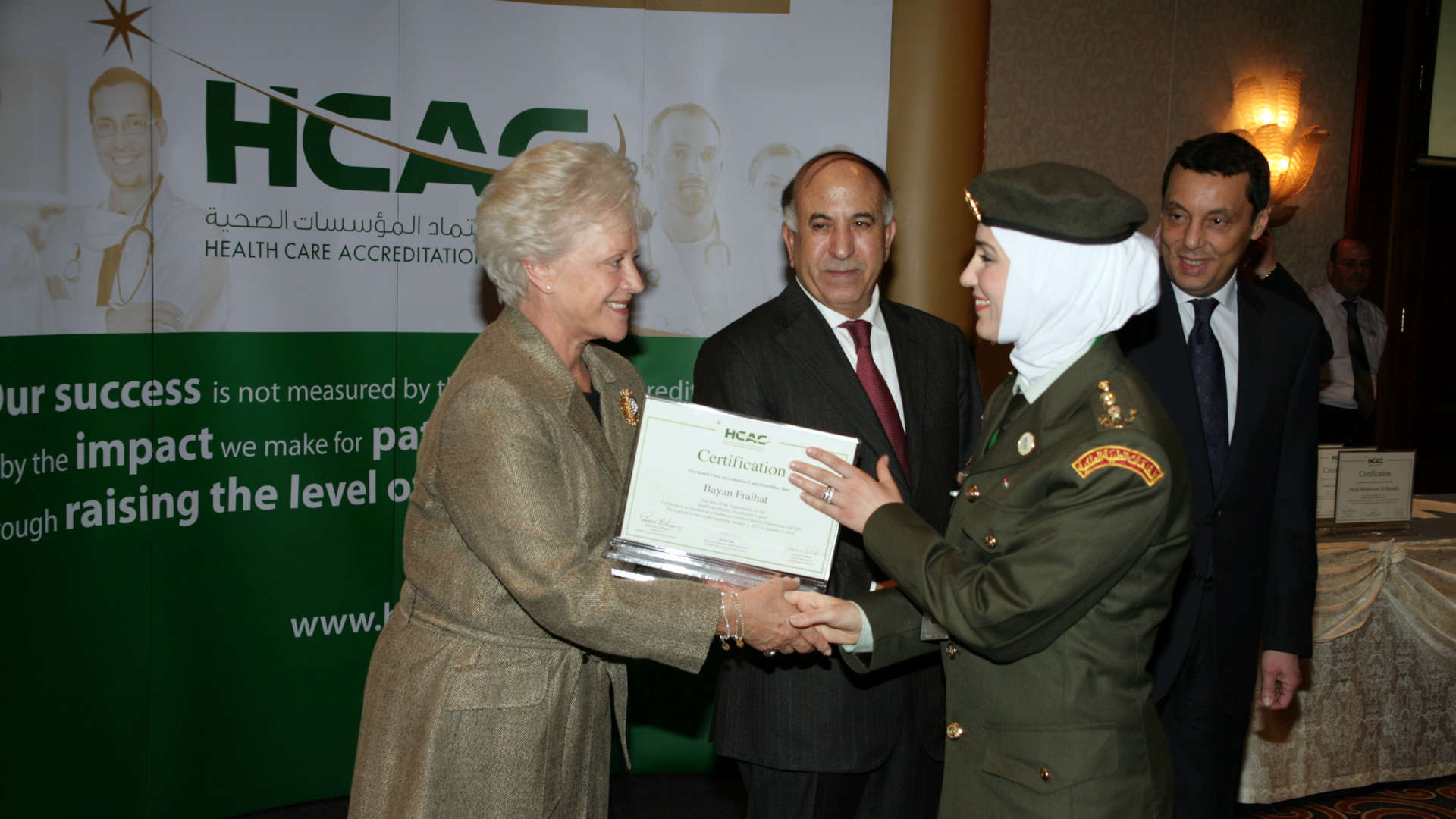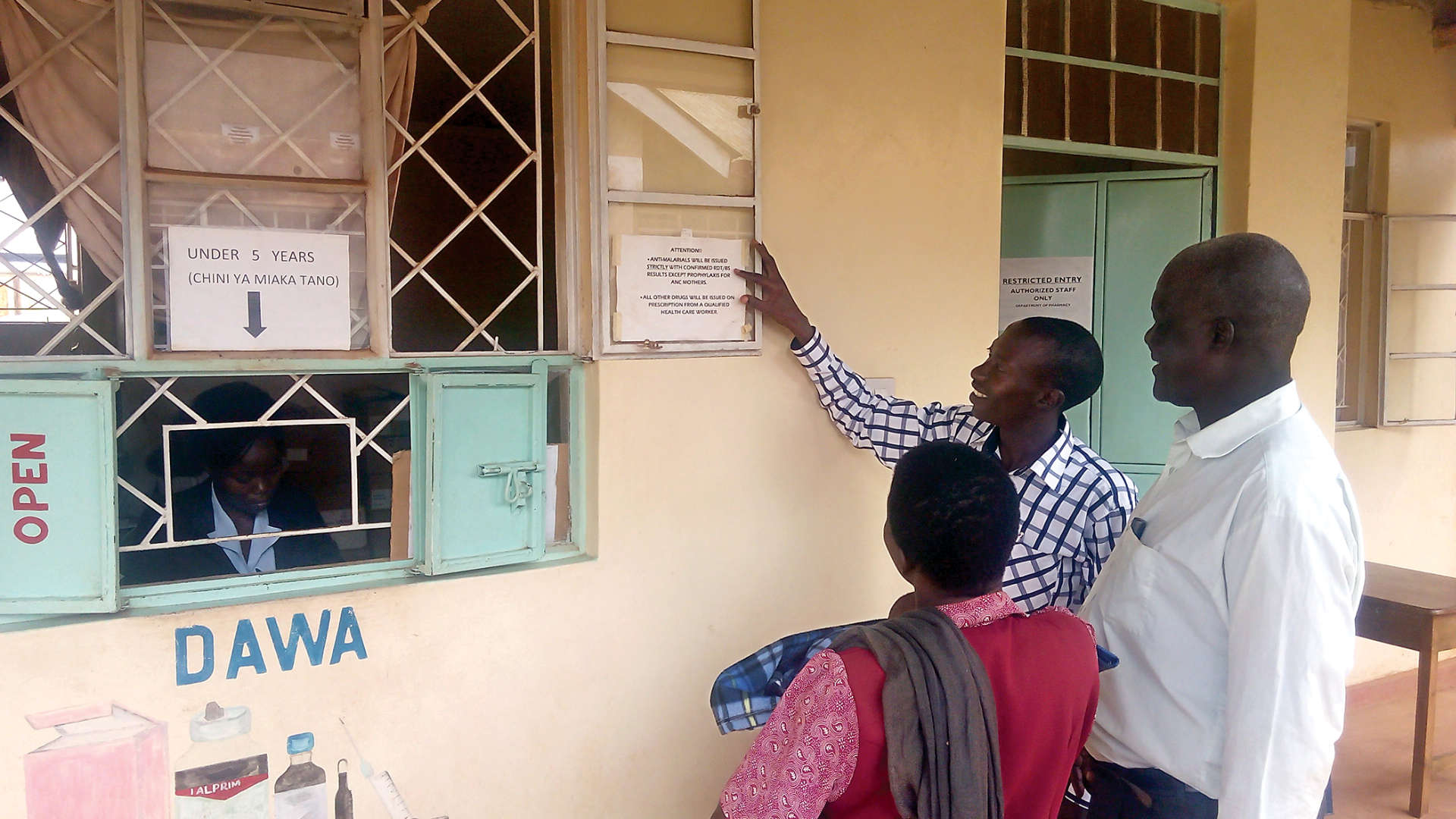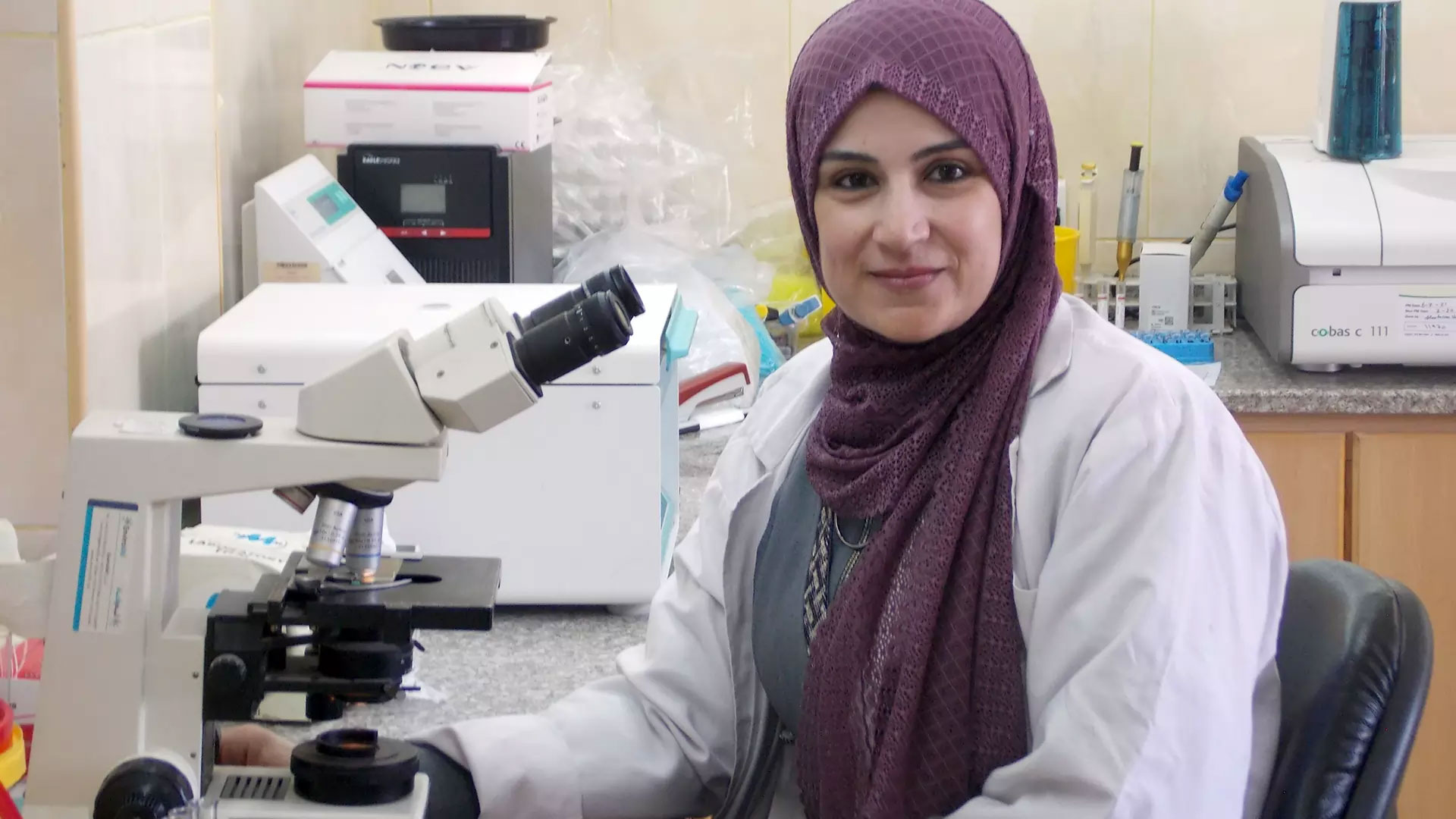URC-led health projects seek to help countries achieve significant and sustainable improvements to their health systems, institutions, and policies. Ultimately, our programs work to achieve more capable health workforces, stronger governance, and healthier populations.
URC has a track record of leading programs that produce sustainable results. One notable example is the USAID Jordan Health Care Accreditation Project (JHAP), which ran from 2007 to 2013. JHAP was designed to provide technical assistance to enhance the health status of all Jordanians by improving the quality and safety of health care services in hospitals and primary health care facilities through accreditation.
Most significantly, JHAP established an independent national health care accreditation organization in Jordan, the Health Care Accreditation Council (HCAC), and laid the foundation for its future governance and sustainability. The HCAC has been financially self-sustaining since graduating from USAID funding in 2013, with an average annual budget of USD 2.3 million. It is supported by a combination of regulatory funding, fundraising, project donors, marketing, and sales, the latter of which includes fees for accreditation, consultation, and capacity-building services.
HCAC has managed donor-funded projects as a sub-contractor, contractor, and a prime recipient. Contracts have included fee-for-service, cost reimbursement contracts, and fixed amount awards from various donors, such as USAID, UNICEF, the World Health Organization, and the European Union.
“Sustainability can be difficult to achieve, but time has shown that our approach to the HCAC in Jordan was successful,” said URC Executive Vice President Carlos Cuéllar.
A Leader in Improving Health Care Quality and Patient Safety
The HCAC is a national organization that develops health care standards, designs and implements quality management systems, prepares health care facilities to meet these standards, builds institutional and practitioner capacities, and awards accreditation and certification. It operates as a company with a national responsibility and a social mission.
“We consider quality as a journey, not a destination,” said Salma Jaouni Araj, HCAC Chief Executive Officer. “URC was the key partner in putting us on the path we continue to travel today.”
The HCAC is the leading quality improvement institution in Jordan and the Arab region dedicated to promoting quality improvement and patient safety and to improving the performance of organizations and individuals within the health care sector.
The HCAC was the first entity in the Eastern Mediterranean region to receive all three International Society for Quality in Health Care (ISQua) External Evaluation Association accreditations: for its standards, for its surveyor preparation and certification program, and for the organization itself. It was recently elected to a three-year term as an institutional member on the ISQua Board.
Years of Experience Certifying Health Care Institutions
HCAC has more than 13 years of experience in fostering the continuous improvement of health care services and driving change at the primary and tertiary care levels. HCAC has:
- More than 10 sets of accreditation standards and programs;
- Accredited more than 200 health care institutions, including hospitals, health care centers, breast imaging units, labs, and specialized medical clinics;
- Approximately 125 certified surveyors and more than 590 certified practitioners, including 34 certified consultants; and
- Held five biennial conferences, each with at least 500 participants from Jordan and the region.
Strategic Decisions Helped Launch, Grow, and Sustain the Organization
JHAP support was key to creating and launching the HCAC and related initiatives, including the National Quality and Safety Goals initiative, which laid the foundation for patient safety in Jordan by developing safety goals annually from 2009 to 2013.
JHAP provided guidance and technical assistance to the HCAC by creating and teaching certification courses to health care professionals with key roles in the accreditation and quality improvement processes in their facilities. As a result, more than 100 health care professionals – including quality improvement practitioners, risk managers, infection prevention specialists, hospital managers, consultants, and surveyors – were HCAC-certified before the project’s end.
Other critical JHAP support included:
- Helping HCAC develop strategic, business, marketing, and human resource plans, building HCAC’s ability to generate private business;
- Establishing strong political support for HCAC from the Government of Jordan and the Royal Court;
- Assisting the HCAC Department of Education and Consultation in developing 22 educational packages that can be used to prepare facilities for accreditation; and
- Assisting the HCAC to organize and hold two regional Quality Health Care Conferences and Exhibitions under the patronage of His Majesty, King Abdullah II. This and other efforts increased HCAC’s recognition in the Middle East and North Africa region as a leader in improving the quality of care.
These initiatives were embraced by HCAC and many more were taken on after the conclusion of JHAP. HCAC’s commitment is to continue to be replicate, expand, and improve all that was initiated under JHAP as well as introduce innovations that ensure we are responsive to emerging needs, adopt evidence-based practices, and remain relevant and internationally accepted.
At URC, we constantly refine our approaches to match local needs and circumstances,” said URC President Earl W. Gast. “But we also make sure not to forget the lessons from our previous work. Projects such as JHAP are part of a long URC tradition of quality health systems.”



